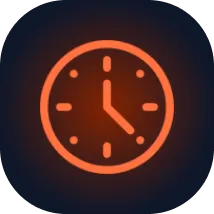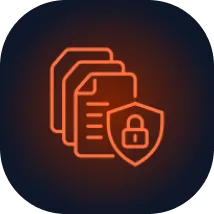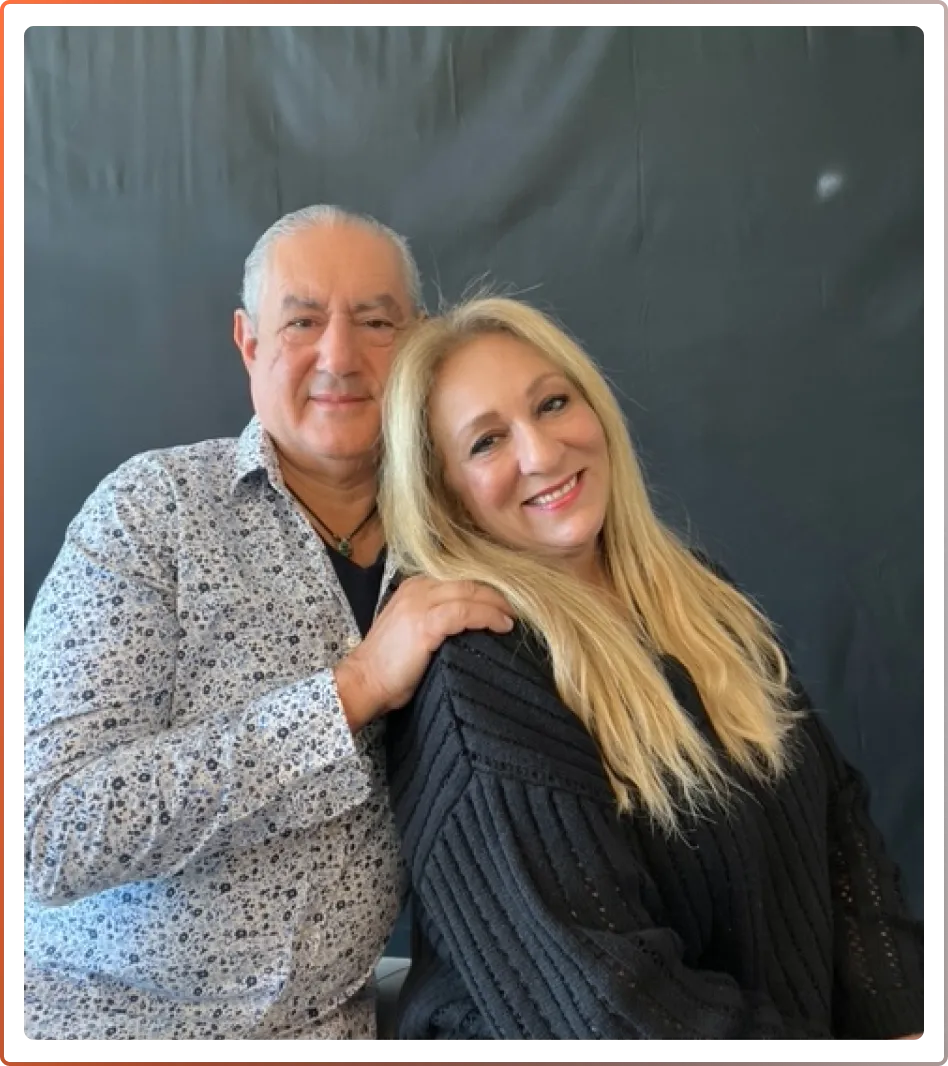Find Your Balance
Be your best in all 8 areas of life.
Why a balanced life-style
is important?
Just like the pieces of a puzzle, the various aspects of who you are come together to create the whole of your being. You engage in work and play, find time for rest and activity, connect with your body and spirit, experience moments of joy, and navigate times of sorrow.
Emotional balance is just as vital, allowing you to manage your feelings with grace and resilience, maintaining inner calm even amid life’s ups and downs.
Achieving balance means bringing all these elements into harmony, where your life feels in sync, and your energy flows smoothly. This sense of balance is essential for a fulfilling, vibrant, and joyful life.
How balanced is your life?
Take our quick free quiz to learn which areas of your life you’ve been neglecting, what you’ve been paying too much attention to, and the specific areas you can improve on.
Why Take it?
The Wheel Quiz is a great starting point to identify where your life is at this moment in time and discovering where you want it to be. It allows you to step back and take a bird’s eye view at your life, and see your life in perspective.

Quick & Easy
It takes about 3 minutes to answer all the the multiple choice questions.

Confidential
Your results are confidential and not shared with anyone.

Track Progress
Keep track of your results over time to see the progress you're making!
Too many people are letting life happen to them.
Life is busy, we all are trying our best to overcome our challenges and get the best out of our day.
We get so focused on the details of the daily routine that we get ourselves tangled into the trap of mindlessly going through the motions of our day.
And then we lose sight of the big picture, our goals, our dreams, and our aspiration. We forget that we are the creators of our destiny.
Let’s pause and reflect...
Are you treating your body well?
Are you feeling energetic and full of vitality?
Do you enjoy enough leisure time?
Are you surrounding yourself with people that elevate you or drain your energy?
Are you surrounding yourself with people that elevate you or drain your energy?
Are you on the right track financially?
Are you paying enough attention to your mental and emotional needs?
When we see our life mapped out, it allows us to really think about where we are and where we wish to be.
It's time to recognize what is working and what is not working in your life.
Are you ready to take action and make your life all that you’ve ever dreamed of?
What people are saying..
This is just a few reviews people have left us after experiencing the power of the community.
"So easy and very informative"
"So easy and very informative! Seeing my wheel made me realize easily what areas of life I need to pay attention to!"
- Teri Heravi, Los Angeles
"My life changed forever"
"There's nothing like completing a test like this to amplify clarity around what I probably knew deep down-Ugh! Looks like I have some work to do, thank you for energizing me to take action! Looking forward to re-taking it in a month or so to see how things have shifted!"
- Bethanty Londyn
"Highly recommend this"
"By taking this short test, I realized what areas of life I need to focus on to have a happy and balanced life."
- F. McAllister, New York
The Wheel
The purpose of the Wheel Test is to see if our life as a whole is balanced and if all eight essential spokes or needs are fulfilled and taken care of. For health, happiness, and success to be achieved and maintained, we need to pay attention to all areas of our life.
When one spoke becomes the primary focus, and the others are neglected, our “Wheel of Life", gets out of balance. A wheel that is out of balance and wobbly is most likely to crash, and such is our lives.
What does your wheel look like? Is it smooth and consistent? Do you have sharp and jagged highs and lows? Take the test NOW, to get started on your path to a balanced life. The first step towards your journey to a remarkable life starts here.
The 8 Spokes
Physical
A healthy lifestyle relies on keeping the body in an optimum form. Exercise & fitness, nutrition & diet, sleep & rest, plus sexual satisfaction need to be appropriately attended to.
Mental
When we have mental clarity, our mind is calm, clear and free of distractions. We have a sense of awareness about our life; we know where we are at the moment and where we want to be in the future. The path ahead is illuminated. We can focus on the task at hand and make responsible choices.
Emotional
Our feelings are based on our emotional sensitivities. Emotional intelligence is the awareness of how past experiences and worries of the future can affect our behaviors today. Emotionally healthy people are optimistic, excited and enthusiastic about life and in charge of their own destiny.
Relational
The connections that we have with others and our desire for intimacy can be demonstrated through love and respect for self and others. Clear boundaries and effective communications are necessary for healthy and strong relationships.
Recreational
Taking part in recreational activities, particularly outdoors, can improve your physical, mental and emotional health by reducing stress. Our happiness and growth are achieved through playful learning, joyful action, and leisurely relaxation.
Environmental
It is our obligation to protect the environment against harmful pollutants and treasure the earth’s natural resources. We are responsible to promote healthy living habits. This includes our homes, our neighborhoods, our cities, and ultimately the planet. Humanity's entire life support system depends on the wellbeing of all the environmental factors.
Spiritual
Spirituality is a sense of connection to something bigger than ourselves, and a source greater than the material world. It means discovering the essence of our being and our deepest values by which we live by. It is the quest for finding the meaning of life and our life purpose.
Financial
Financial security enables us to live life comfortably and allows us to focus on all other spokes of the wheel with ease. The fulfillment of all other spokes of the wheel and living in integrity with our values is a prerequisite of having and enjoying financial abundance.

About the Creators
Wheel of Wellbeing was founded by husband and wife Dr. Daniel Sadigh and Bonnie Sadigh in 2008.
We understand that life can throw you curve balls, and we are here to support you. No matter where you are in your journey, you can override those challenges, and live from a positive and balanced place.
Based on a “wholistic” approach to Wellbeing, the Wheel’s method is the simple, yet powerful concept of Balance - the key to mindful connection of mind, body, and spirit.
[email protected] · Wheel of Wellbeing © 2024. Design by Sunny Solves
